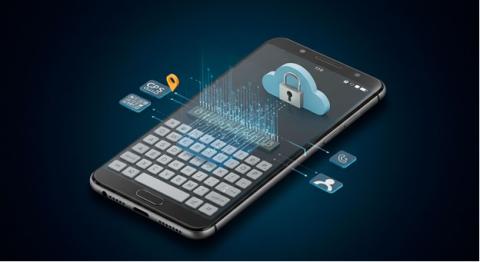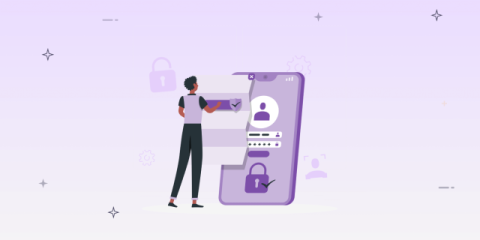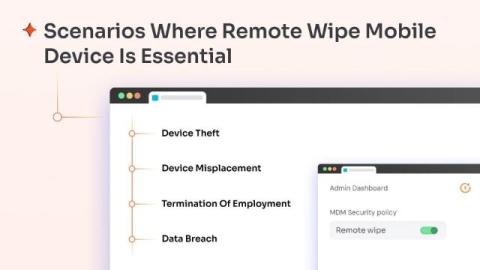Keylogger App for Android: A Complete Guide to Monitoring
Keylogger apps for Android are powerful tools designed to track keystrokes and monitor device activity. In today's tech-driven world, they have become essential for tasks like parental control, employee monitoring, and cybersecurity. This guide provides an in-depth look at their functionality, practical applications, and ethical considerations. Readers will learn how to detect keyloggers, explore the popular Hoverwatch app, and understand the legal boundaries of using such tools responsibly.











